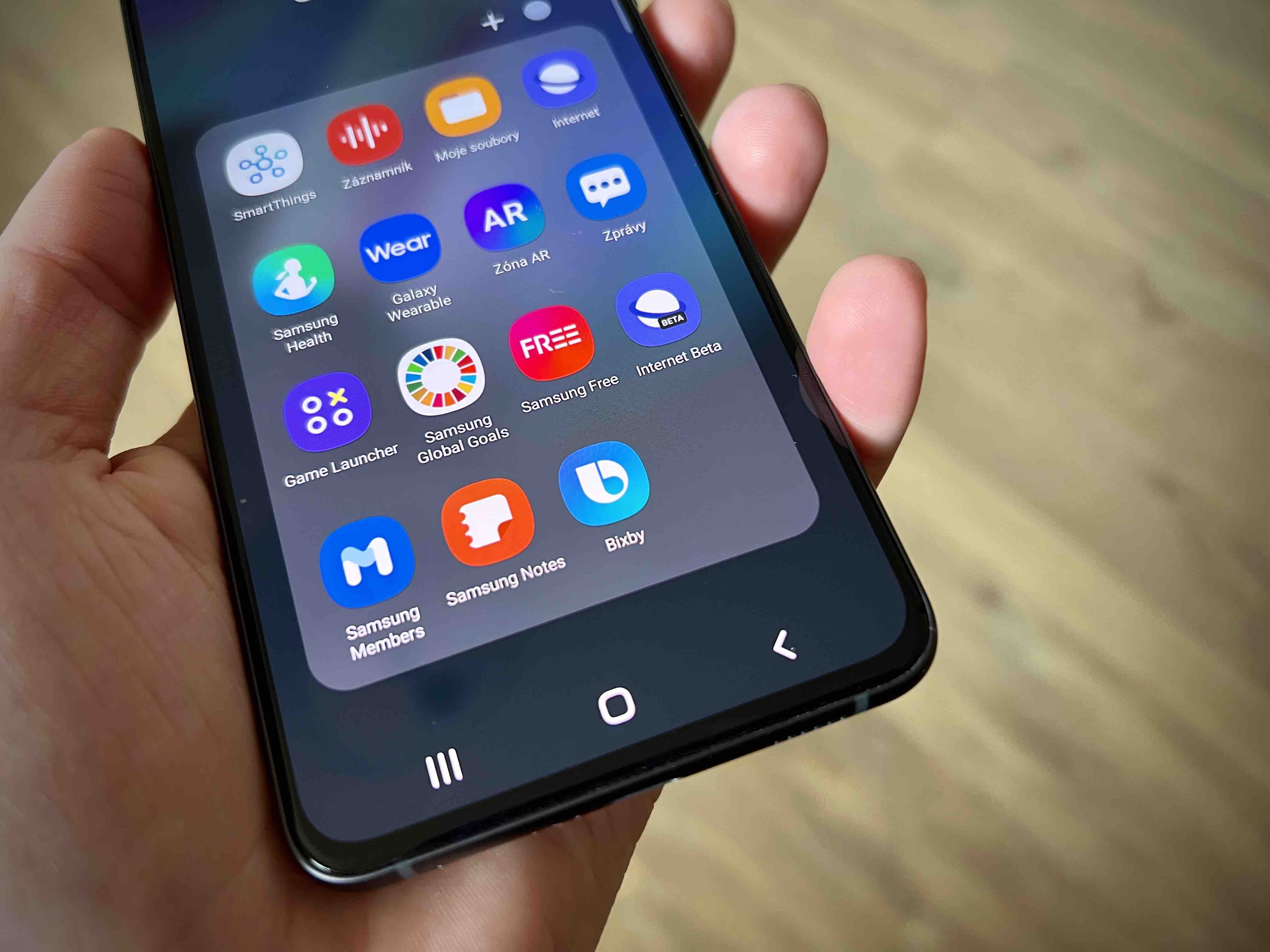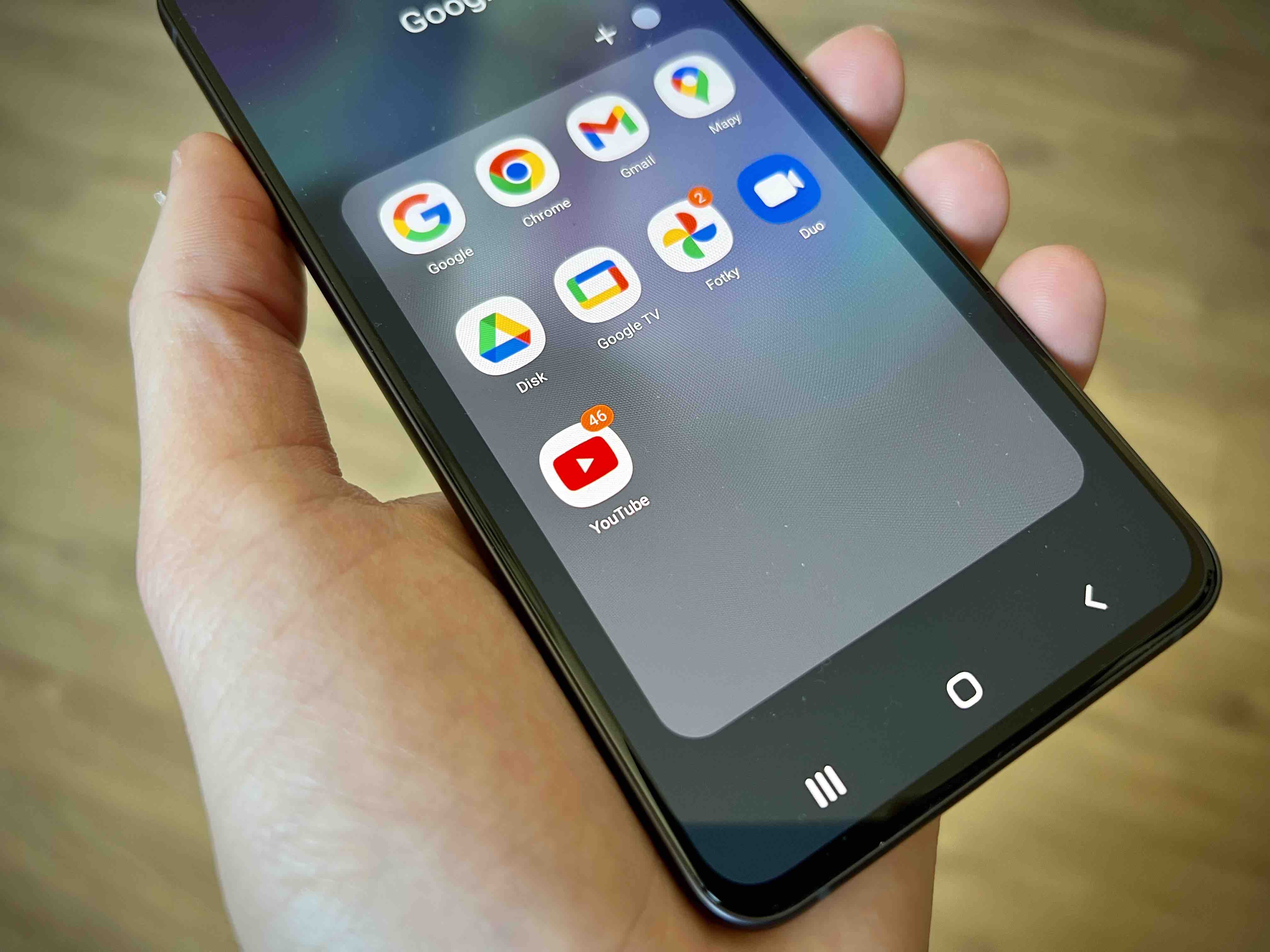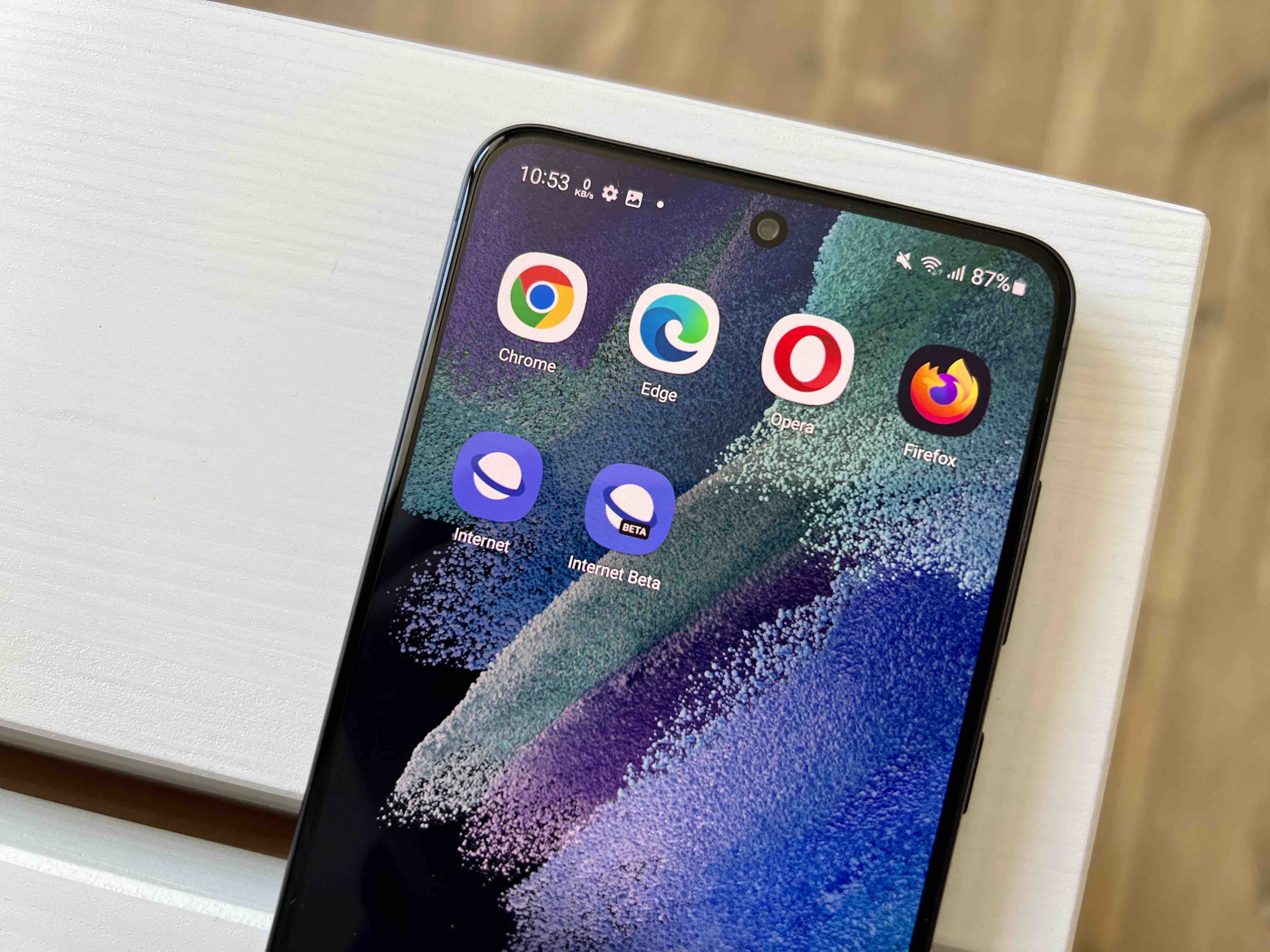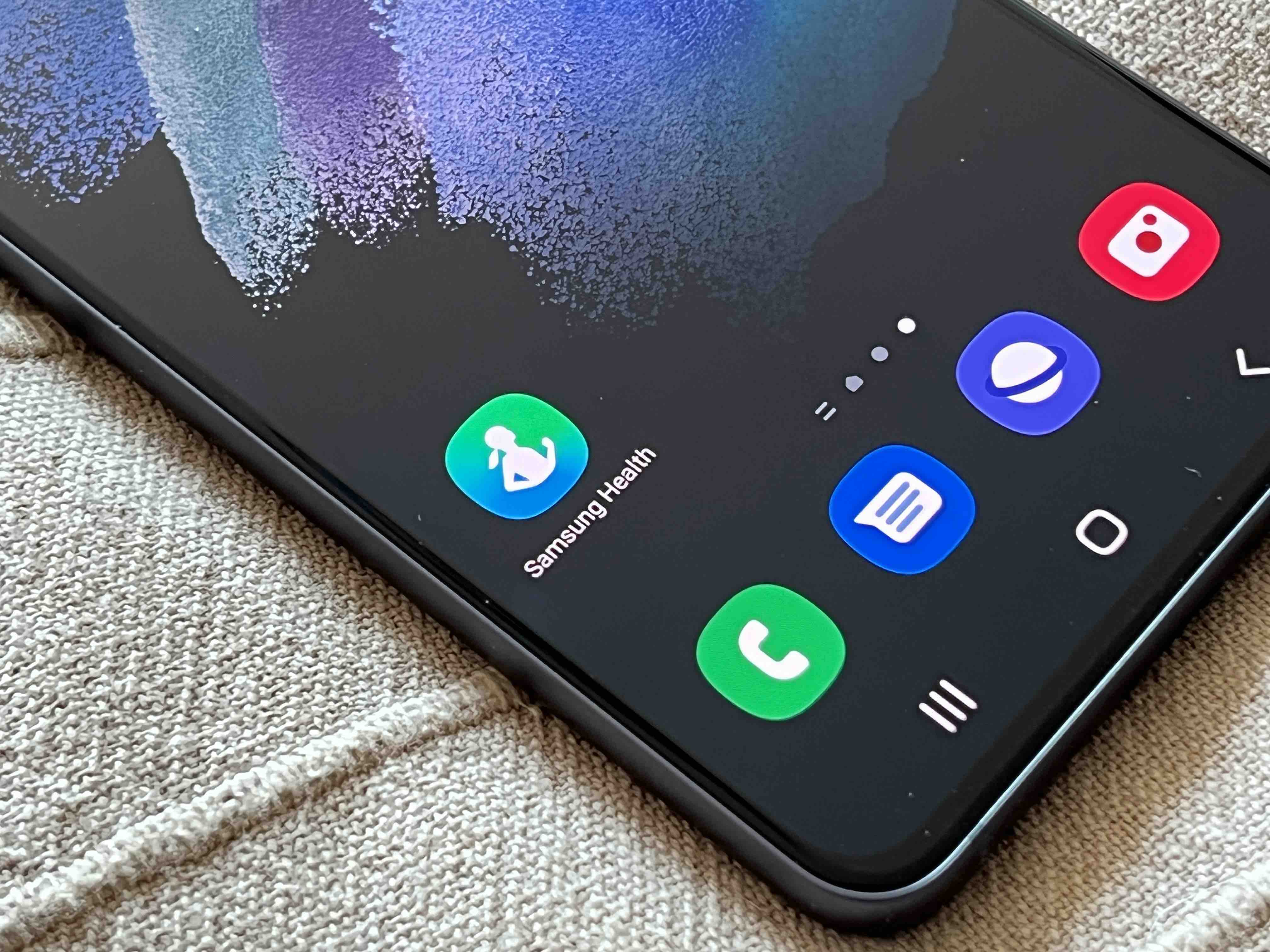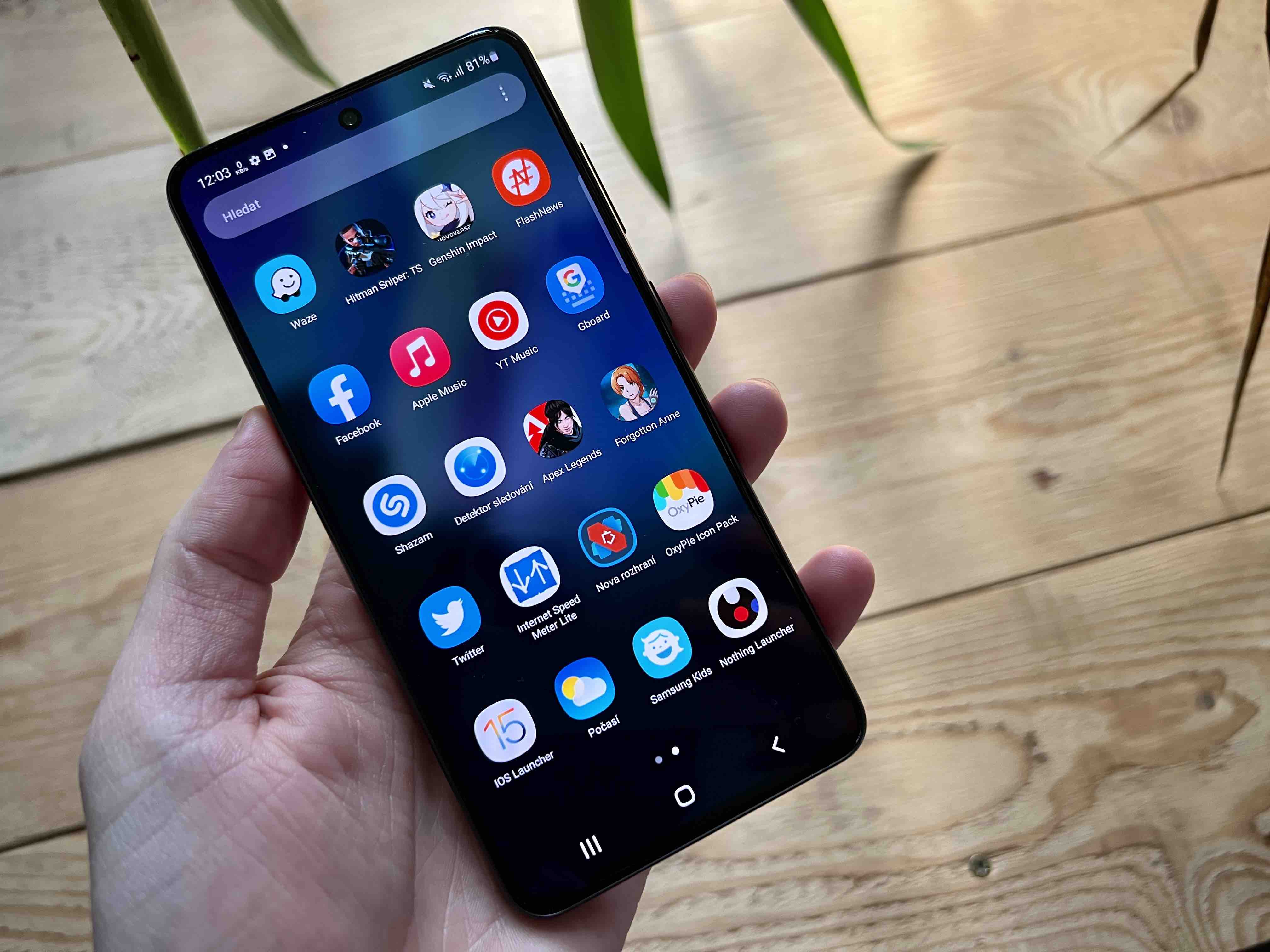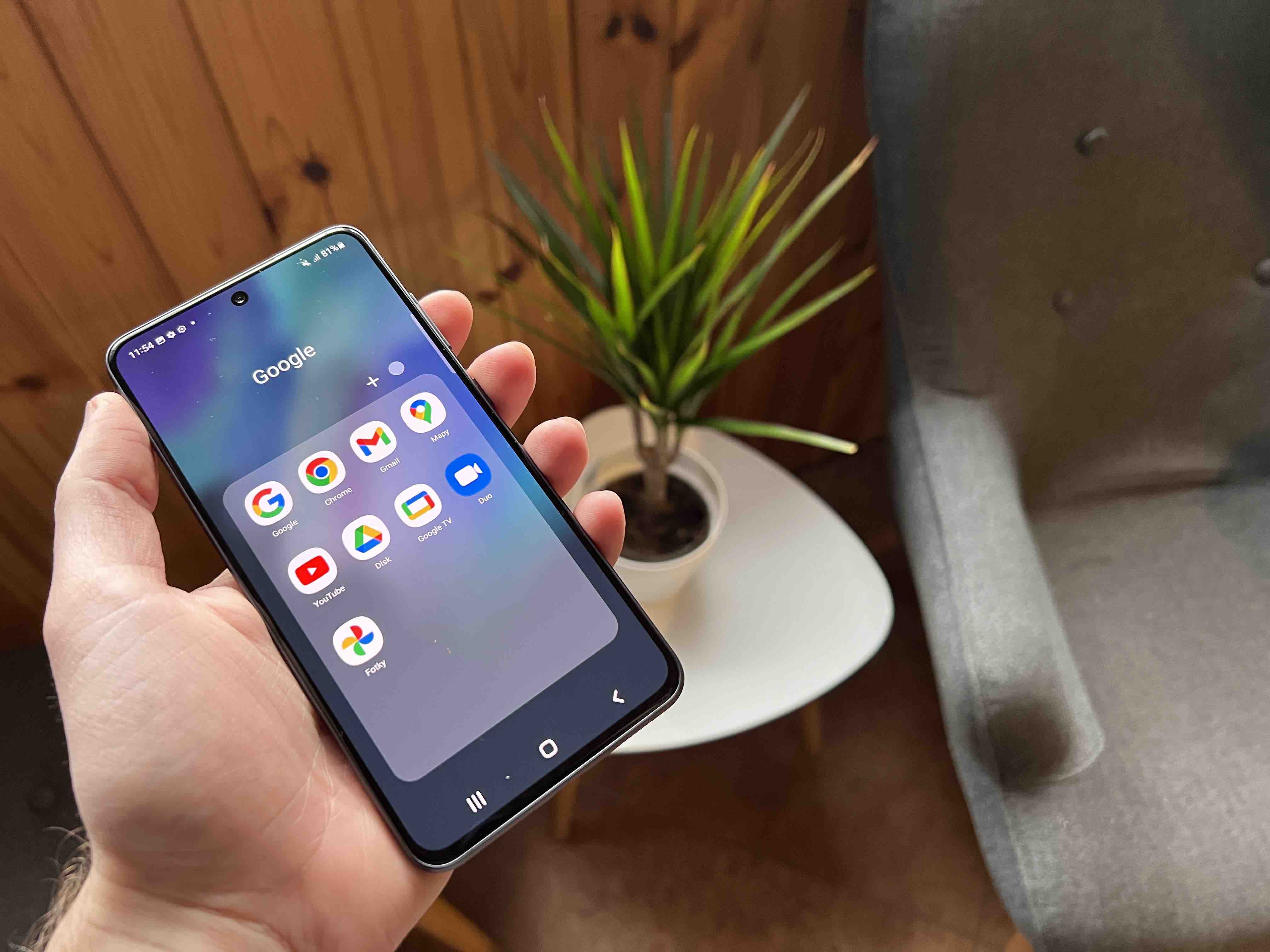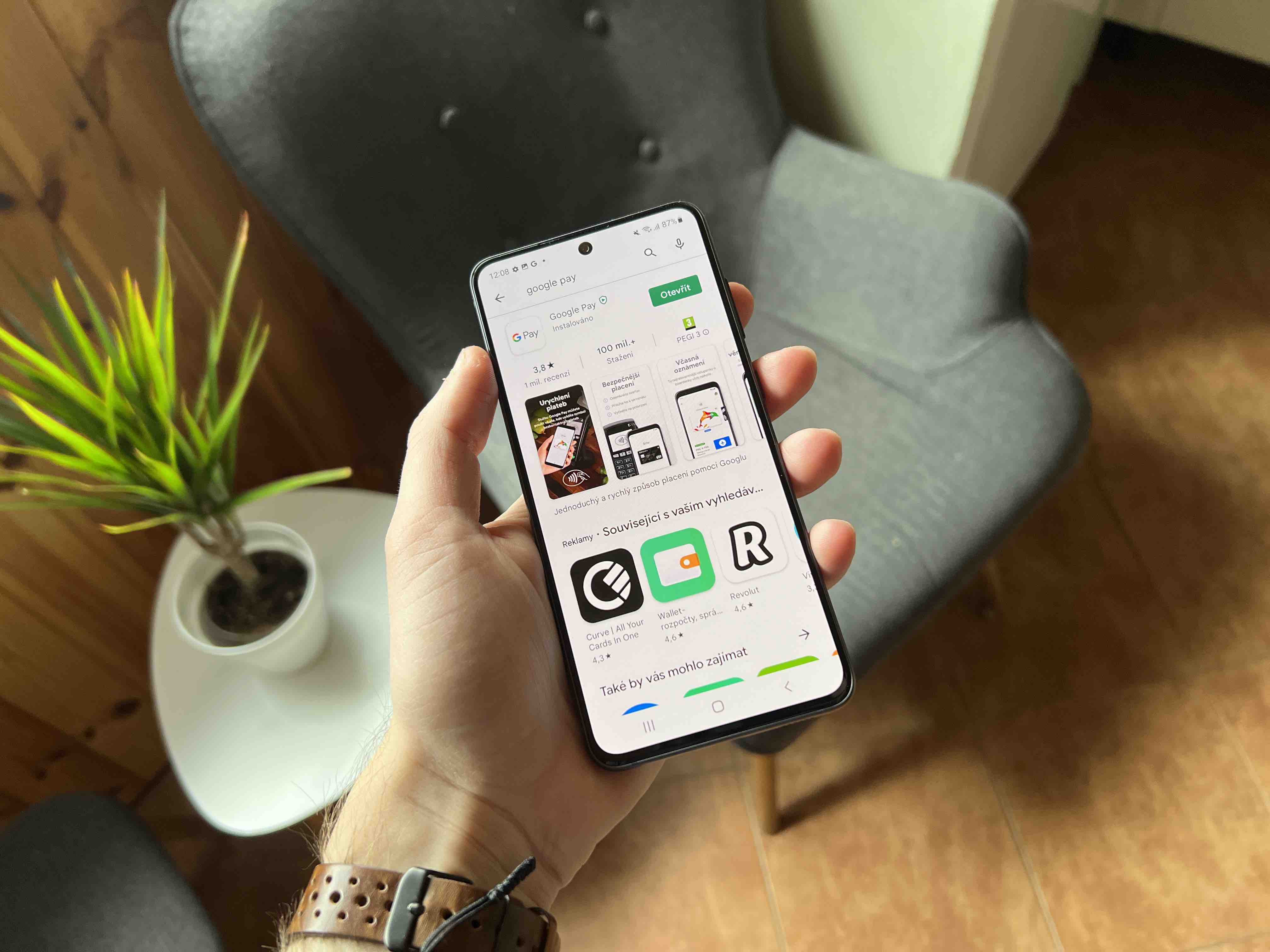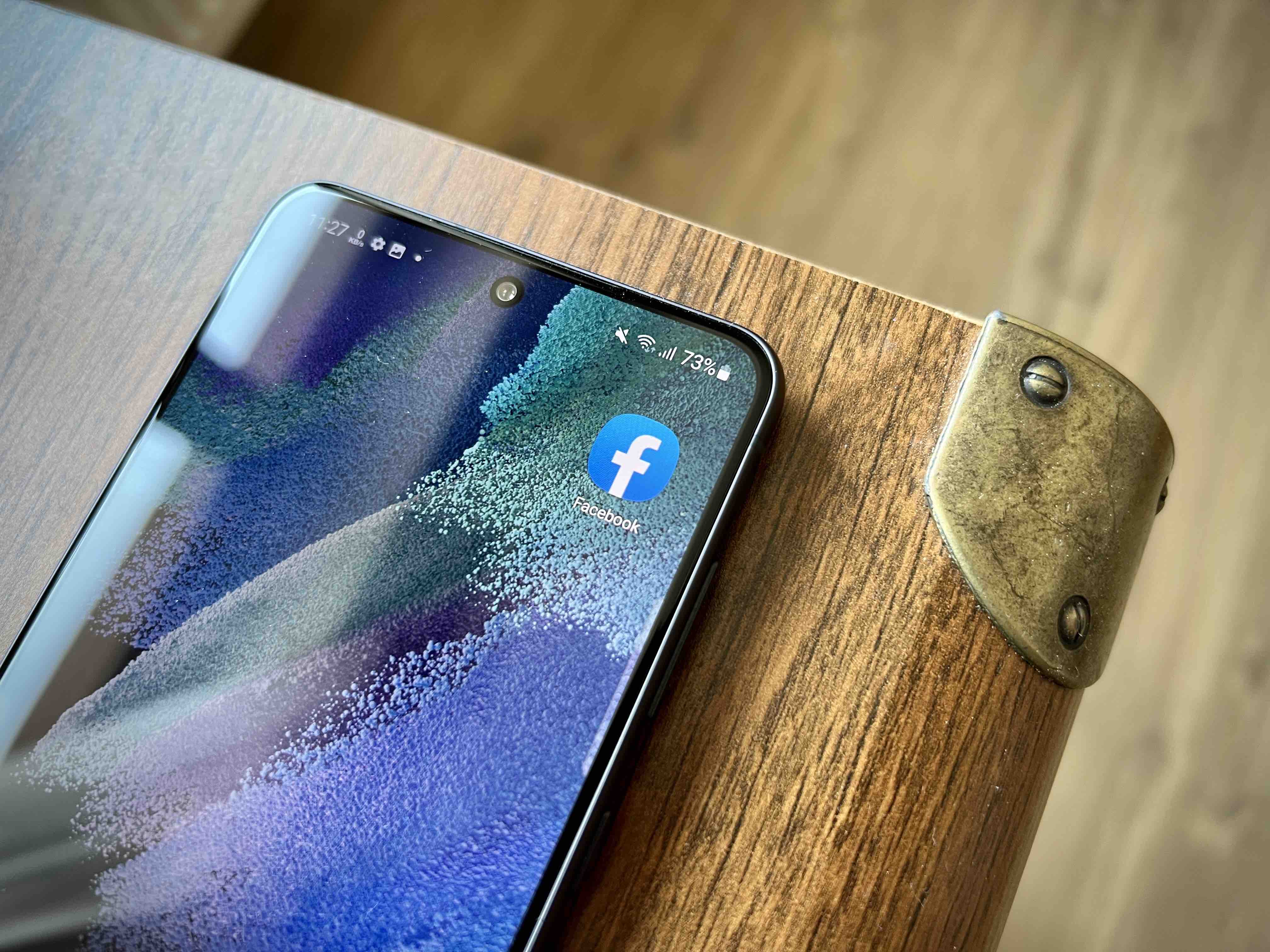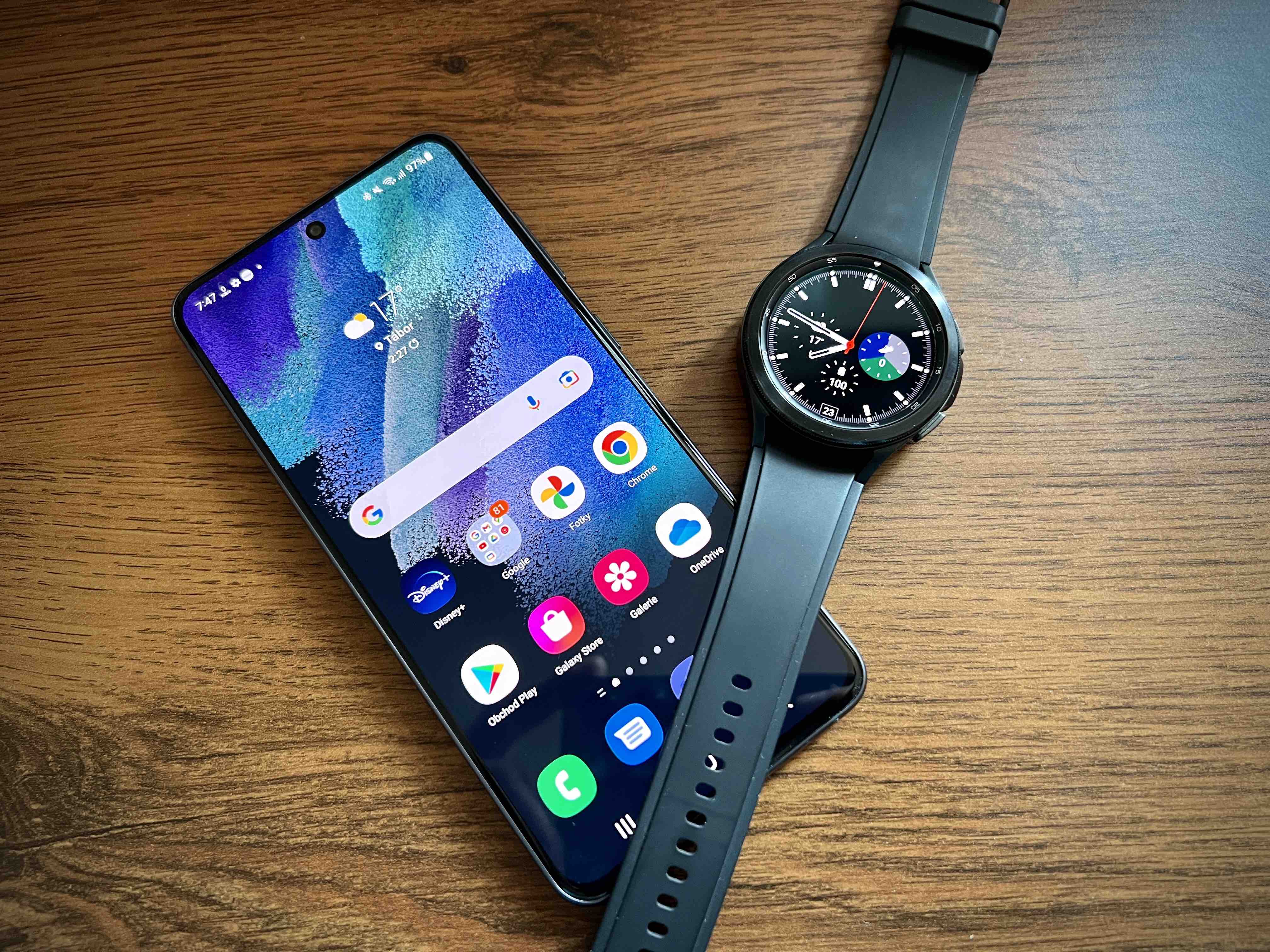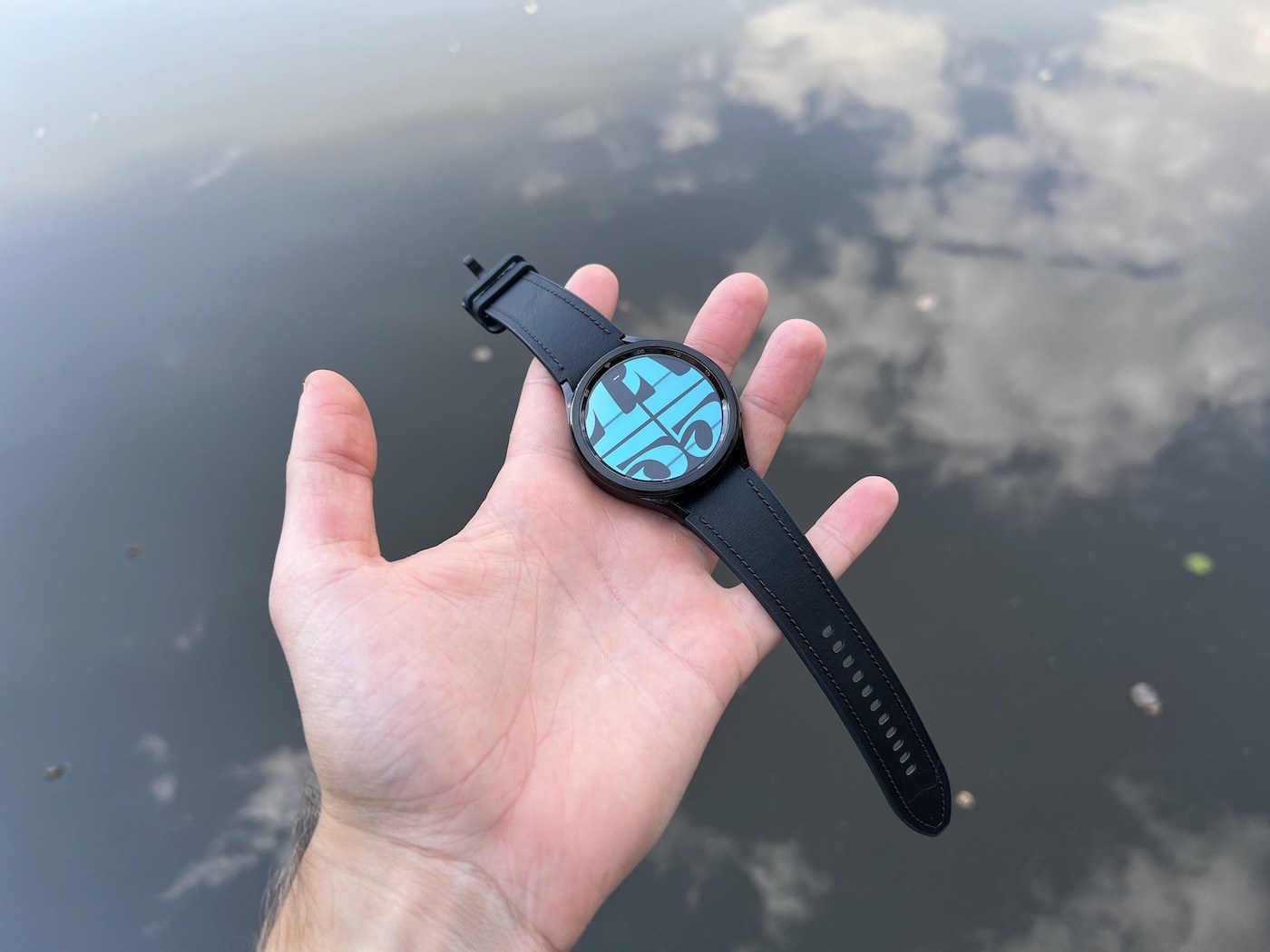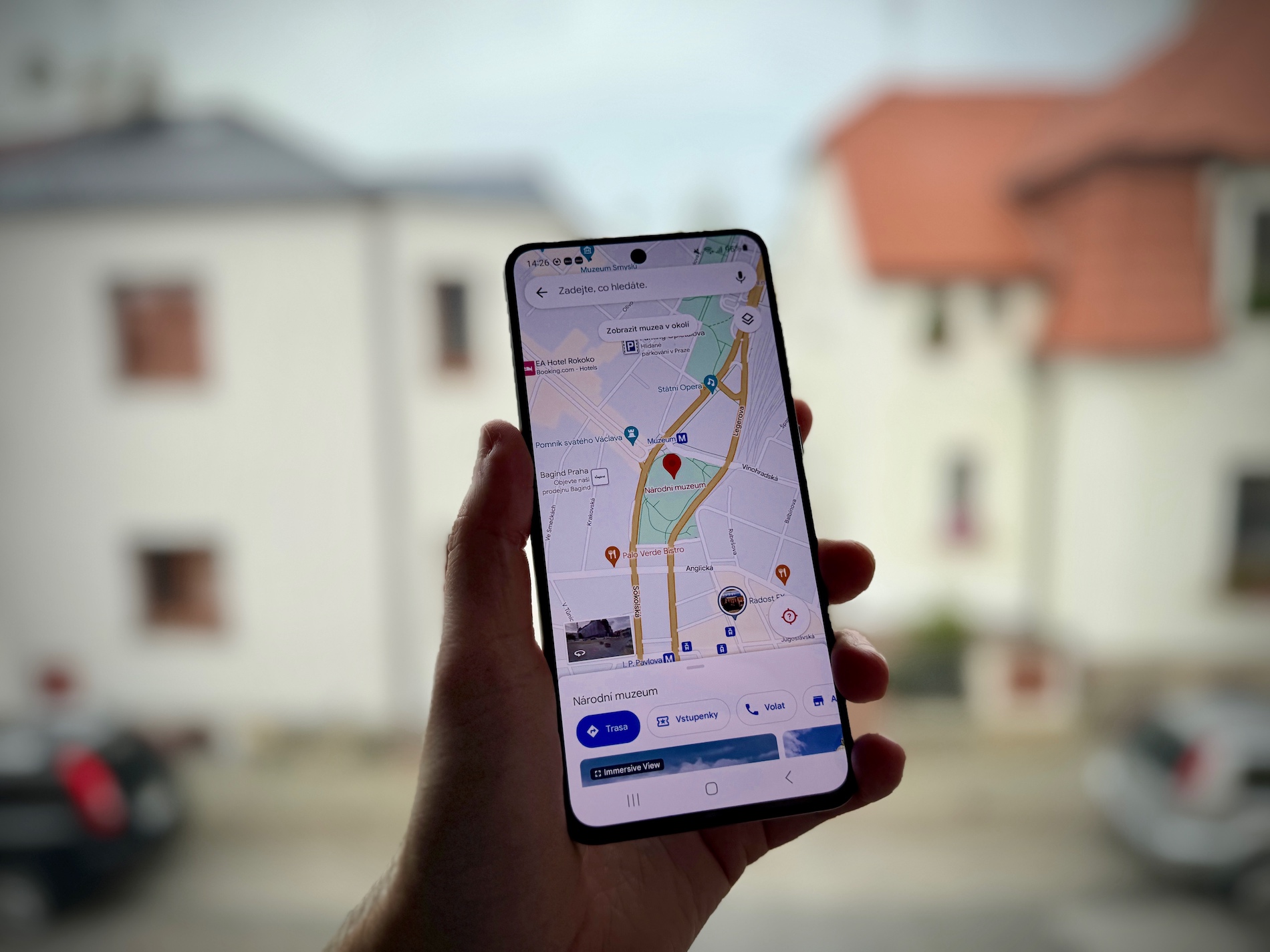The public has always tended to be somewhat distrustful of giant conglomerates. After all, these organizations are primarily concerned with maximizing returns for shareholders. People generally have the impression that they will do whatever it takes to achieve that goal, regardless of the impact their actions may have on the people who use the company's products.
When it comes to the technological ones, people are logically most concerned about the security of their data. Users trust that the amount of personal data they give to companies will also remain protected by them. But the fact is, the vast majority have little or no idea how much of their data is actually being collected. Tech companies may provide their users with lengthy privacy policies, but how many of us ever read them?
Complete electronic profile of the user
When users finally learn what's in these policies at all, they're often horrified at what they've actually agreed to. On reddit there was a recent post about Samsung's privacy policy that is a perfect example of this. The company in the US updated its said policy on October 1st, and the author of the post probably went through it for the very first time and was surprised by what he saw.
Samsung, like many other companies, collects a lot of data. The policy states that this is identifying information such as name, date of birth, gender, IP address, location, payment information, website activity and more. The company also emphasizes that this data is collected to prevent fraud and protect the identity of users, as well as to comply with legal requirements, which means that the data may be shared with law enforcement authorities if legally required to do so.
The policy also states that this data may be shared with its subsidiaries and affiliates in addition to third party service providers. However, it prevents these service providers from further unnecessary disclosure. Of course, a large part of it is shared with service providers for the purpose of displaying ads, tracking between visited websites, etc.
As the state of California, for example, mandates that companies disclose more informace, there's even a "Notice to California Residents." This includes geolocation data, informace from various sensors in the device, internet browsing and search history. Biometrics are also obtained informace, which may include data from fingerprints and face scans, but Samsung isn't going into detail about what to do with biometrics informacewe collected from users then actually does.
You could be interested in
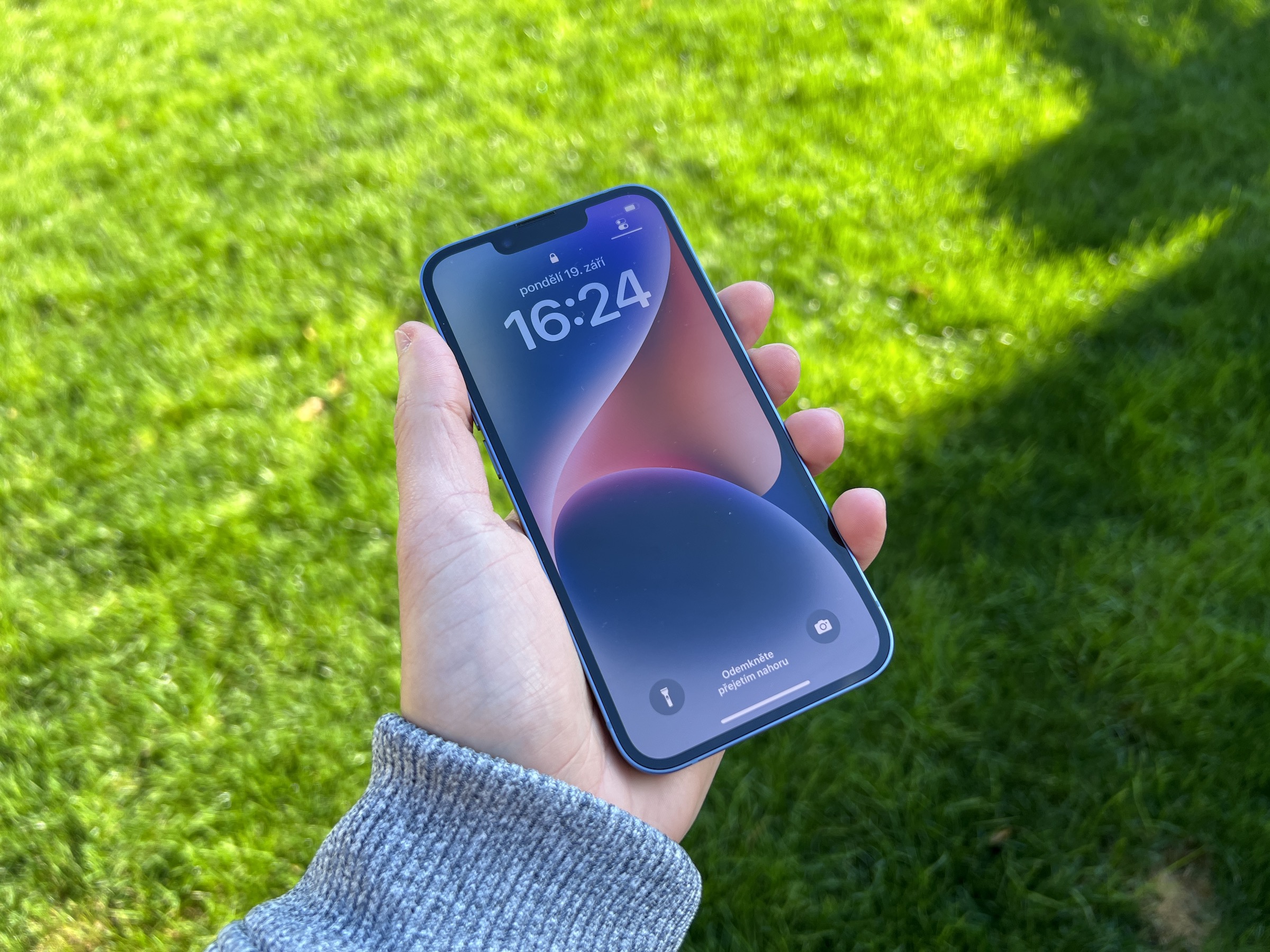
Infamous cases from the past
As you can imagine, users on Reddit are outraged by this, and they are making it known in the hundreds of comments. But Samsung's privacy policy has included these points for several years, and so have other companies. However, this only highlights the problem that people don't really care about how tech companies can handle their data until some parts are presented to individuals to cause general outrage, as happened here, even though the same policies have been in place for several years.
So there's no need to be upset about it right away, which doesn't mean that Samsung couldn't do a better job of being informed and therefore more open about the collection and use of data. After all, in early 2020, following the passage of California's Consumer Privacy Act, Samsung had to add a new switch to Samsung Pay that allowed users to disable the "sale" of their personal data to Samsung's payment platform partners. After all, that's when most people first learned that Samsung Pay could actually sell their data to partners, and that they actually agreed to it themselves.
Even earlier, in 2015, a line in Samsung's smart TV privacy policy had people worried because it essentially warned customers not to talk about sensitive or personal matters in front of their TV because these informace could be "among the data captured and transmitted to a third party through the use of voice recognition". The company then had to edit the policy to better explain what Voice Recognition does (it's not spying) and how users can turn it off.
You could be interested in
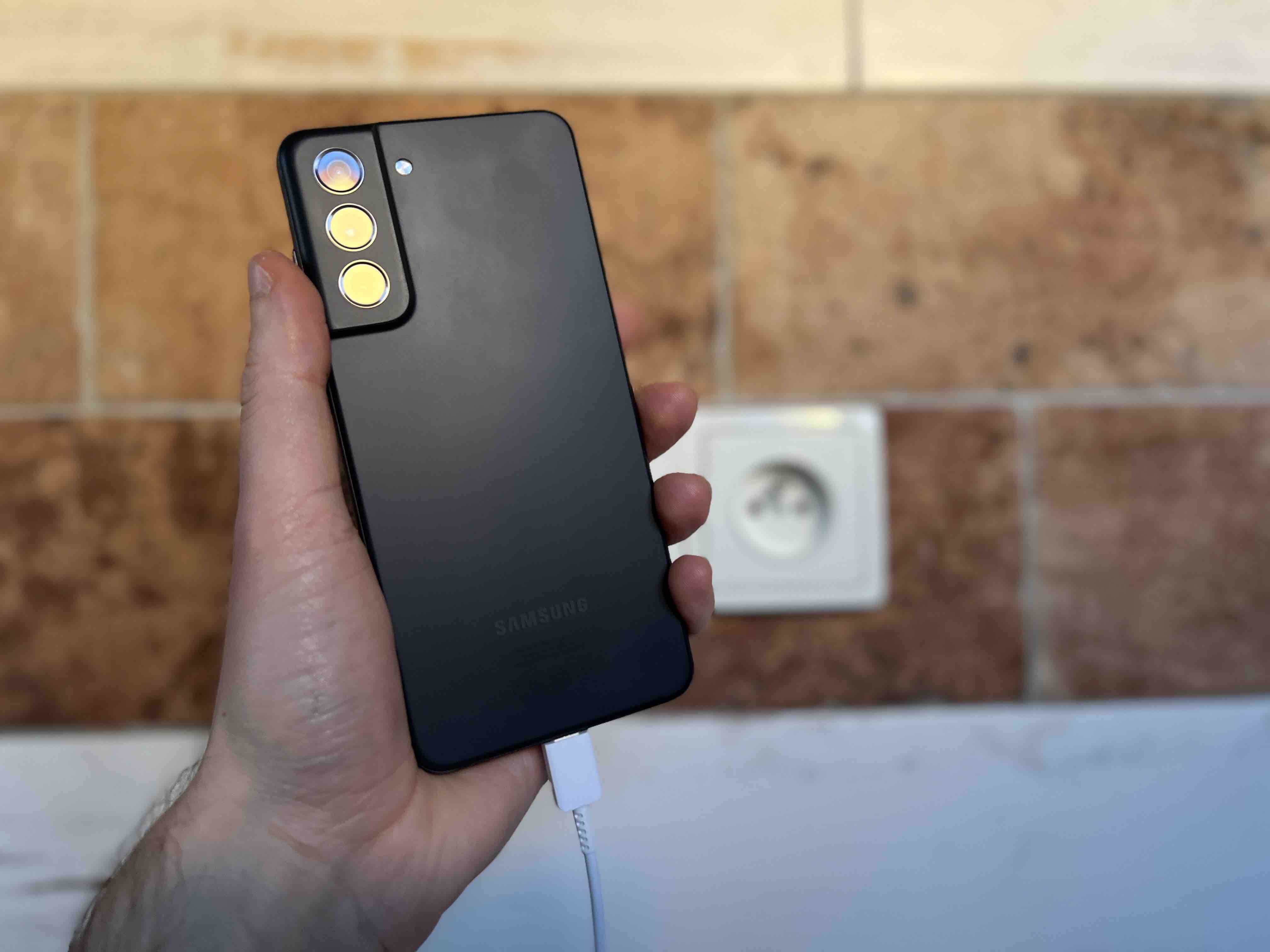
Digital gold
Users should understand that the Privacy Policy is a company policy rather than a disclosure statement. Samsung doesn't have to collect or share everything the policy says, but it does have the appropriate legal coverage to ensure it remains protected. Virtually every company does the same, be it Google, Apple etc.
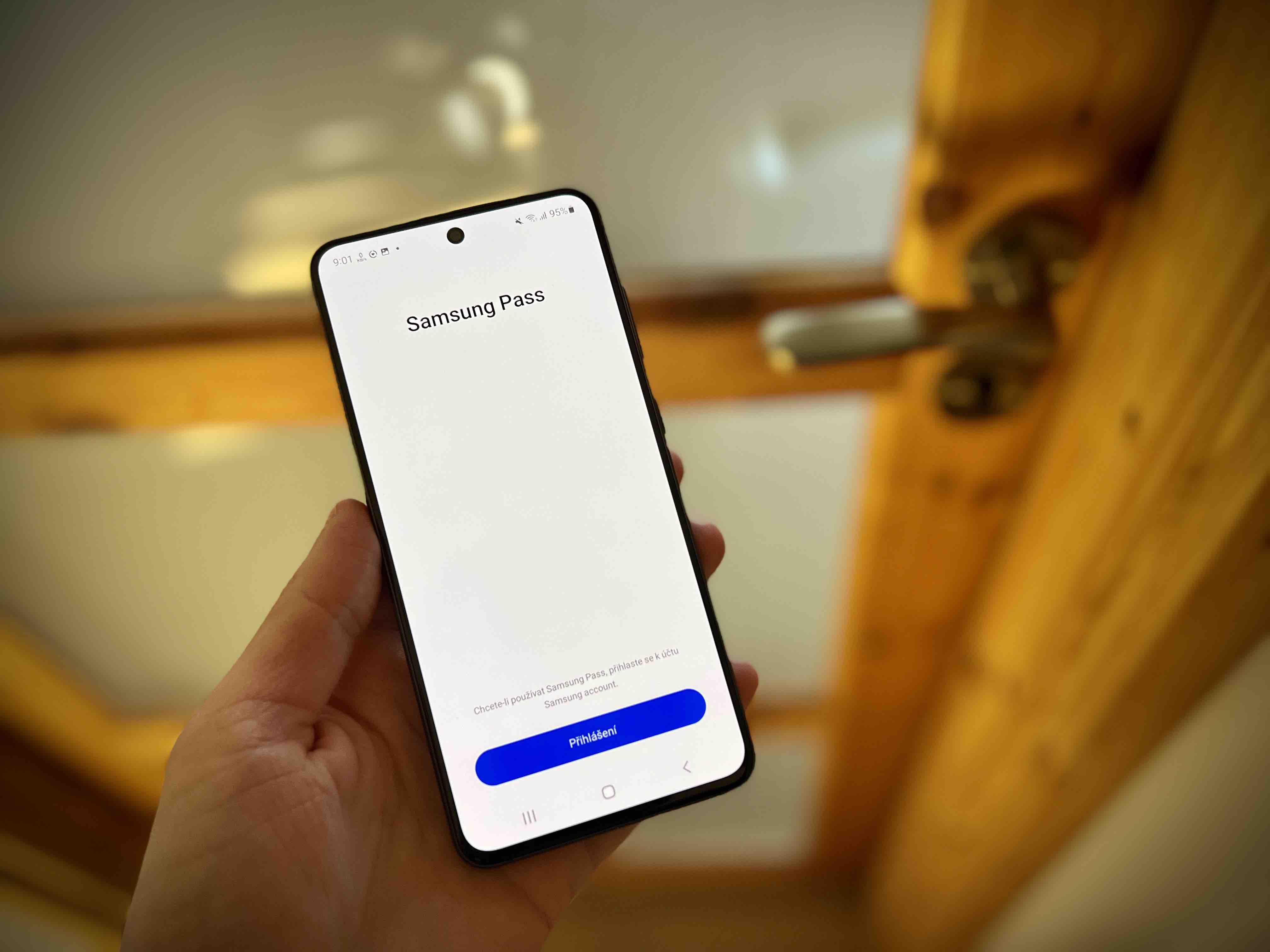
Data is gold for tech companies and they will always crave it. Such is the reality of the current world in which we live. Few people have the opportunity to live completely "off the grid". Also, don't forget that Samsung phones use the system Android, and Google, through its applications and services on the phone, "sucks" an incredible amount of data from you by using them. Every time you use YouTube or Gmail on your device, Google knows about it.
Likewise, every social network on your phone thrives on the data you somehow create in it. So is every game, health and fitness app, streaming service, etc. Every website tracks you too. Expecting absolute privacy in the digital age is quite futile. We simply exchange your data for services that improve our lives. But whether this exchange is fair or not is another matter entirely.




